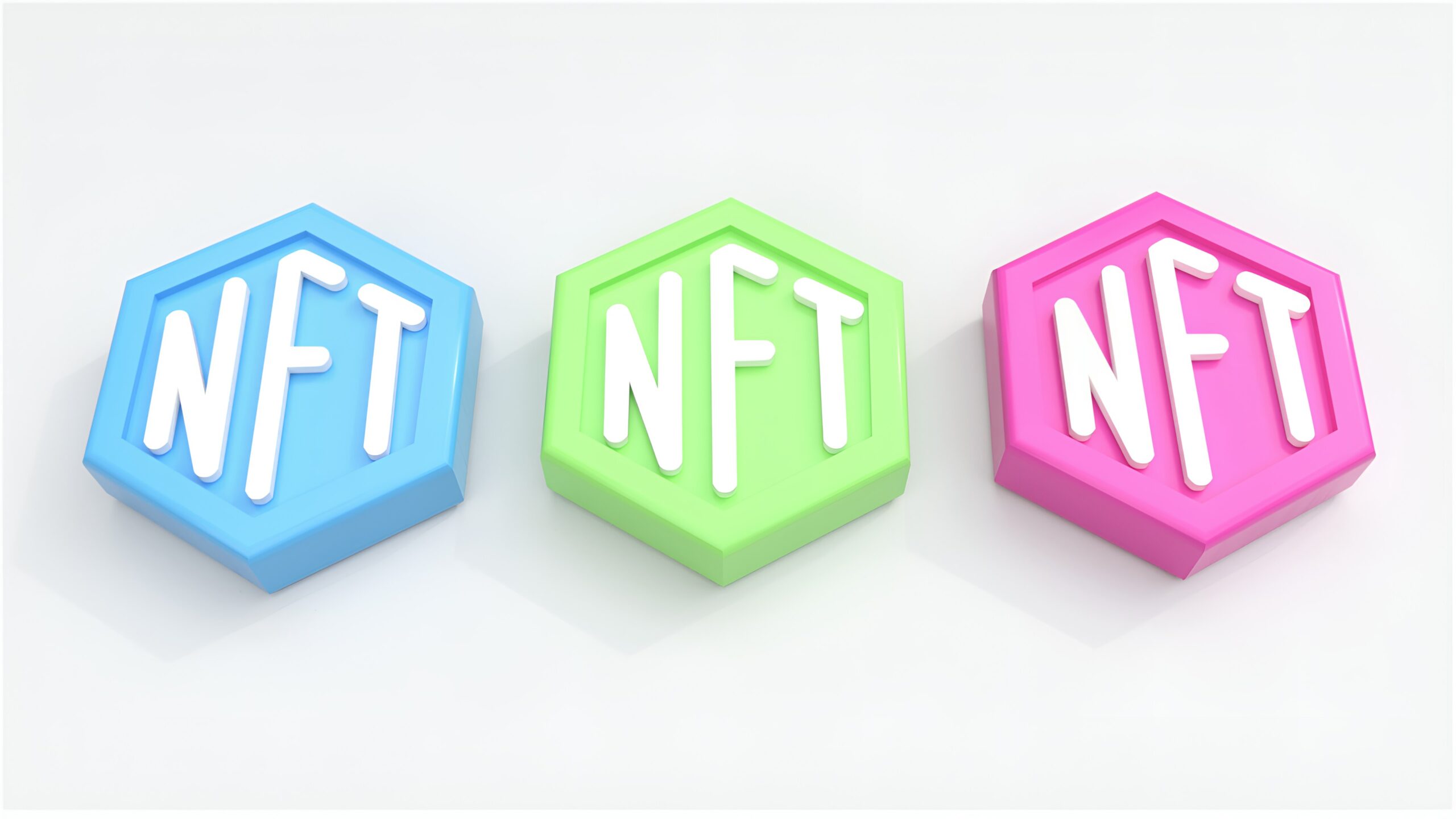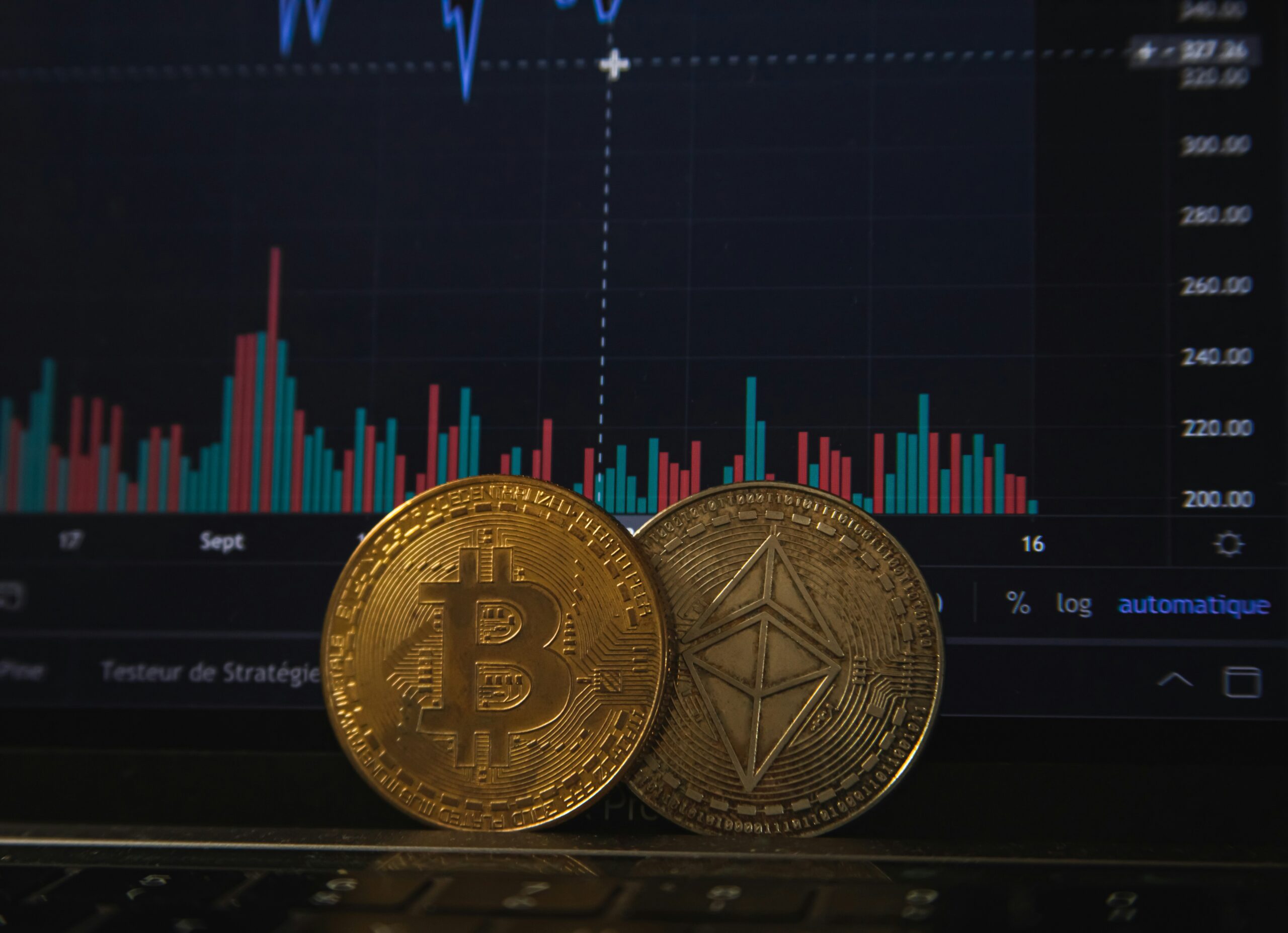
The Potential of NFTs in Research: Monetizing the Outcome of Research Projects
In recent years, Non-Fungible Tokens (NFTs) have gained significant attention and popularity in the digital world. While initially associated with art and collectibles, NFTs have the potential to revolutionize various industries, including research. In this article, we will explore how NFTs can represent research project proposals and generate a new revenue stream for researchers to monetize the outcome of their research.
Understanding NFTs and Their Value
Before diving into the application of NFTs in research, let’s briefly understand what NFTs are and why they hold value. NFTs are unique digital assets that are stored on a blockchain, making them easily verifiable and immutable. Unlike cryptocurrencies, which are fungible and can be exchanged on a one-to-one basis, NFTs are indivisible and represent ownership of a specific item or piece of content.
The value of NFTs lies in their scarcity, authenticity, and provable ownership. Each NFT has a unique identifier that distinguishes it from any other token, making it valuable to collectors and enthusiasts. This uniqueness and authenticity can be leveraged to represent research project proposals and the outcomes of research.
NFTs as Research Project Proposals
Traditionally, researchers rely on grants, funding agencies, or academic institutions to finance their research projects. However, the process can be competitive and time-consuming, with limited funding available for every proposal. NFTs offer an alternative approach by allowing researchers to tokenize their project proposals and sell them as unique assets.
By representing research project proposals as NFTs, researchers can showcase the potential value and impact of their work to potential investors or sponsors. These NFTs can include detailed descriptions of the research objectives, methodologies, expected outcomes, and the researcher’s background. Interested parties can then purchase these NFTs, effectively investing in the research project.
This approach opens up new avenues for researchers to secure funding and support for their work. Instead of relying solely on traditional funding sources, researchers can tap into a global network of investors and individuals interested in supporting innovative research projects. Furthermore, the transparent and immutable nature of blockchain technology ensures that the ownership and investment in these NFT-based research proposals are securely recorded.
Monetizing the Outcome of Research
Once a research project is completed, the outcomes and findings can be monetized using NFTs. Researchers can tokenize the research results, such as scientific papers, datasets, or even patents, and sell them as unique digital assets. This allows researchers to directly monetize their work and generate a new revenue stream.
By tokenizing research outcomes as NFTs, researchers can offer exclusive access or ownership rights to interested parties. For example, a researcher can sell a limited number of NFTs that grant access to a detailed report or analysis of the research findings. Collectors, investors, or industry professionals who are interested in the research can purchase these NFTs, providing the researcher with a direct financial incentive.
Furthermore, the ownership of these NFTs can be transferred, creating a secondary market where NFT holders can trade or resell their assets. This not only incentivizes early supporters of the research but also allows researchers to benefit from the ongoing value appreciation of their NFTs.
The Future of NFTs in Research
While the concept of using NFTs in research is still in its early stages, the potential is vast. As the technology and adoption of NFTs continue to evolve, researchers can explore new ways to leverage this innovative tool.
For instance, collaborations between researchers and artists could result in the creation of unique NFTs that represent the fusion of art and scientific discoveries. These collaborations can not only generate additional revenue streams but also raise awareness about the importance of research and scientific advancements.
Moreover, the use of NFTs can help bridge the gap between academia and industry. By tokenizing research outcomes, researchers can attract the attention of potential collaborators or industry partners who are interested in commercializing the findings.
Conclusion
NFTs have the potential to revolutionize the research industry by providing researchers with a new way to secure funding and monetize the outcome of their work. By representing research project proposals and outcomes as NFTs, researchers can tap into a global network of investors and individuals interested in supporting innovative research. As the technology continues to evolve, the possibilities for NFTs in research are endless, opening up exciting opportunities for researchers to showcase their work, generate revenue, and create meaningful collaborations.


No comment yet, add your voice below!